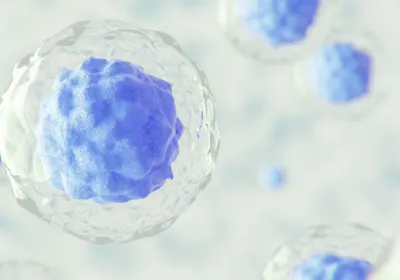ABOVE: © ISTOCK.COM, SEFA OZEL
A candidate coronavirus vaccine tested in people appears to be safe and can generate an immune response against SARS-CoV-2, the virus that causes COVID-19. Drugmaker Moderna, which is developing the vaccine, announced the results today (May 18).
The results are based on a Phase 1 clinical trial of the vaccine, which was given in two doses to eight healthy volunteers. The recipients tolerated the vaccine well, with no major health issues. Only one suffered from redness around the injection site.
All of the volunteers made antibodies in response to the vaccine, and when those antibodies were tested in human cells in the lab, they stopped SARS-CoV-2 from replicating, which means they neutralized the virus. The levels of the neutralizing antibodies in the volunteers’ bodies were similar to levels observed in the blood samples, or sera, of individuals infected with SARS-CoV-2.
“The fact that the vaccine ...






















